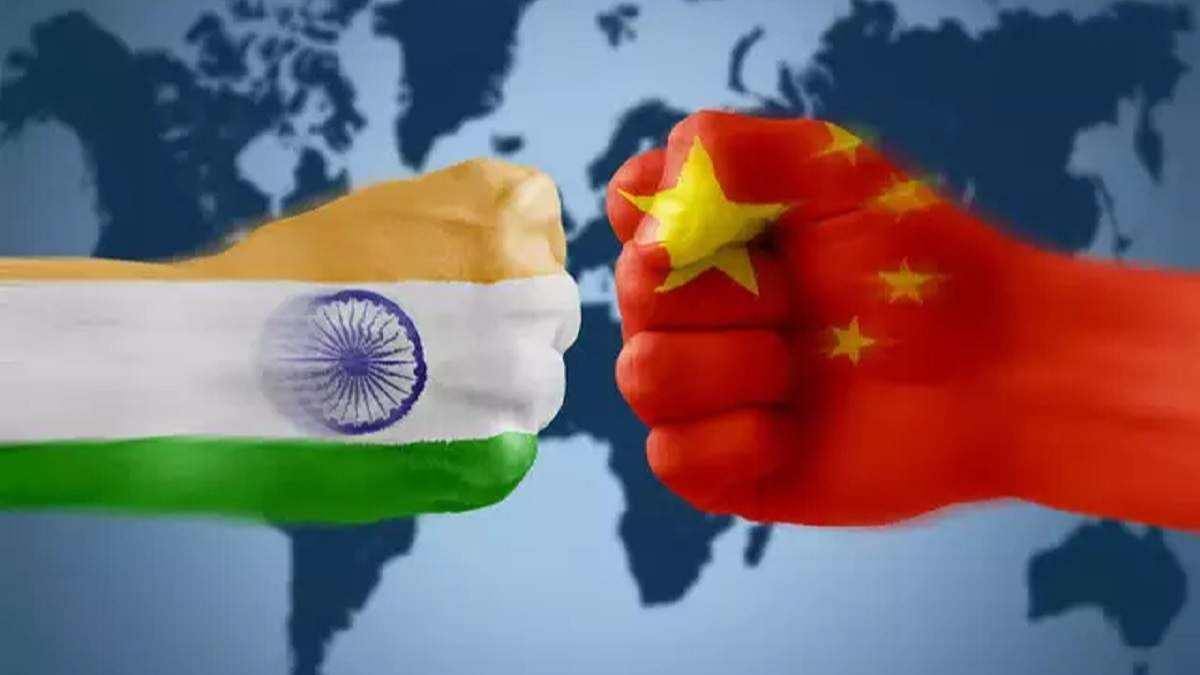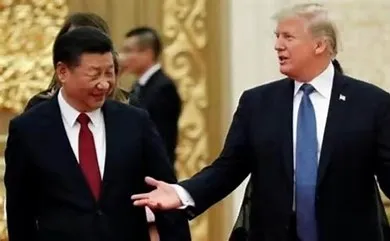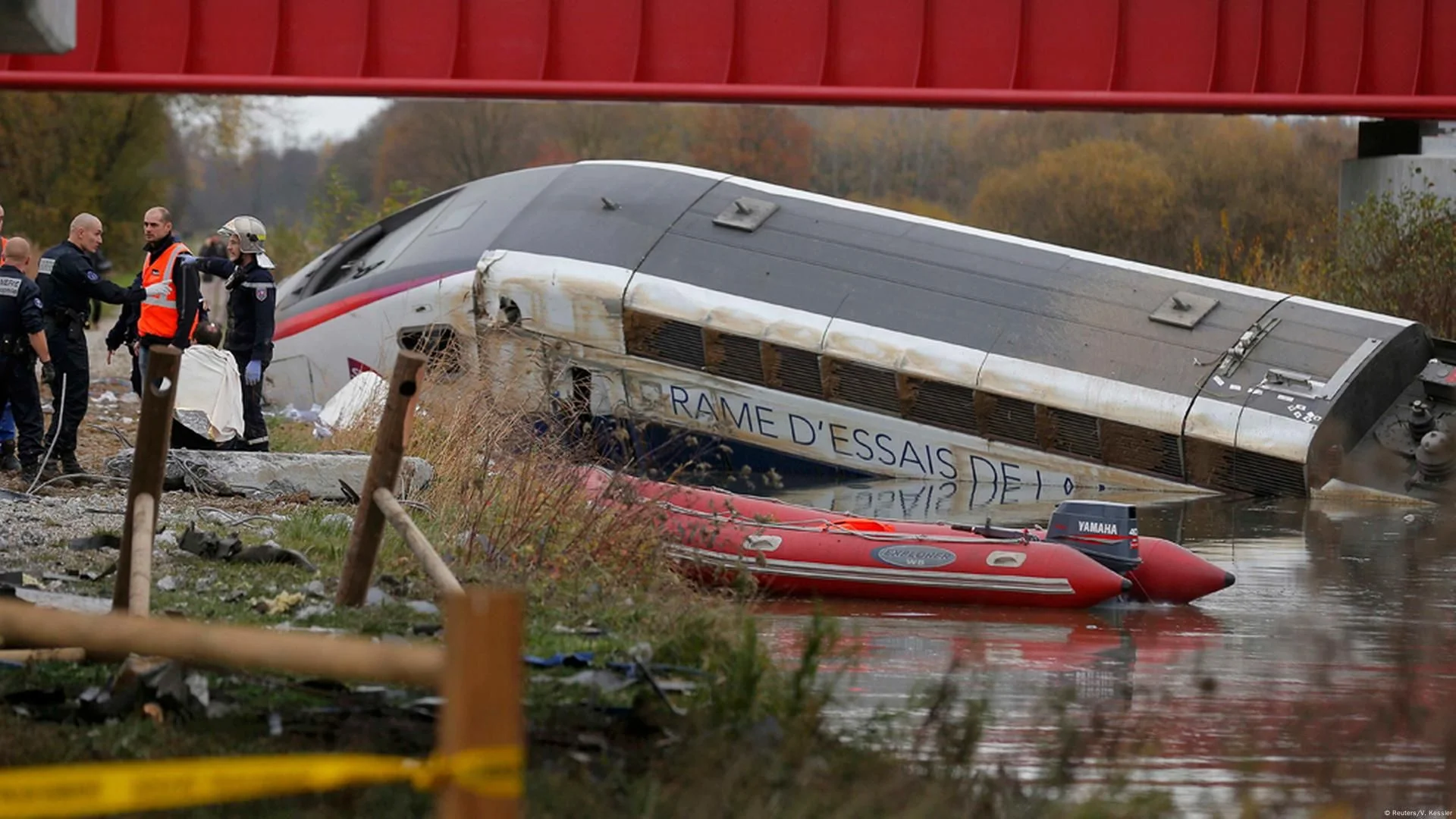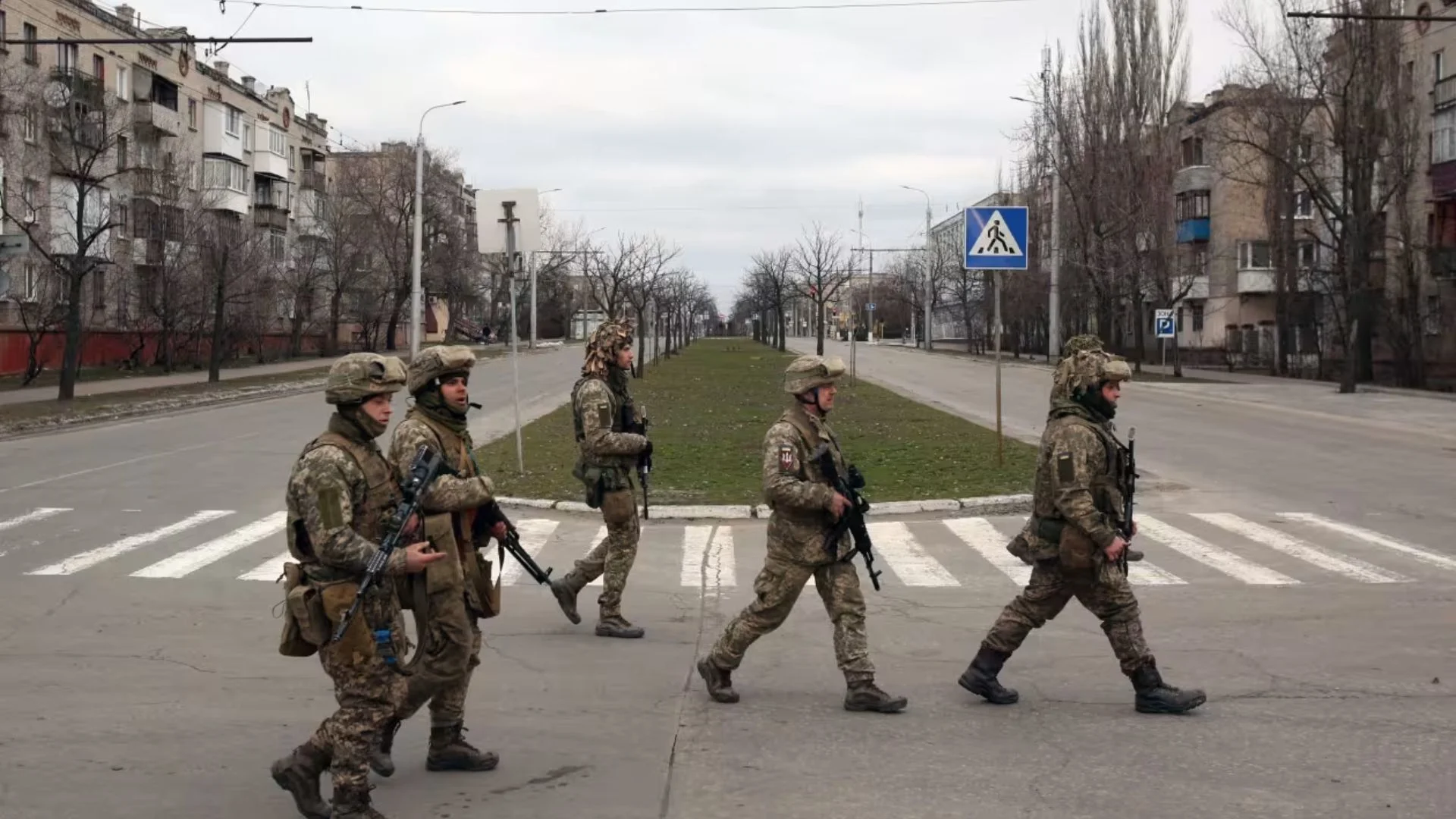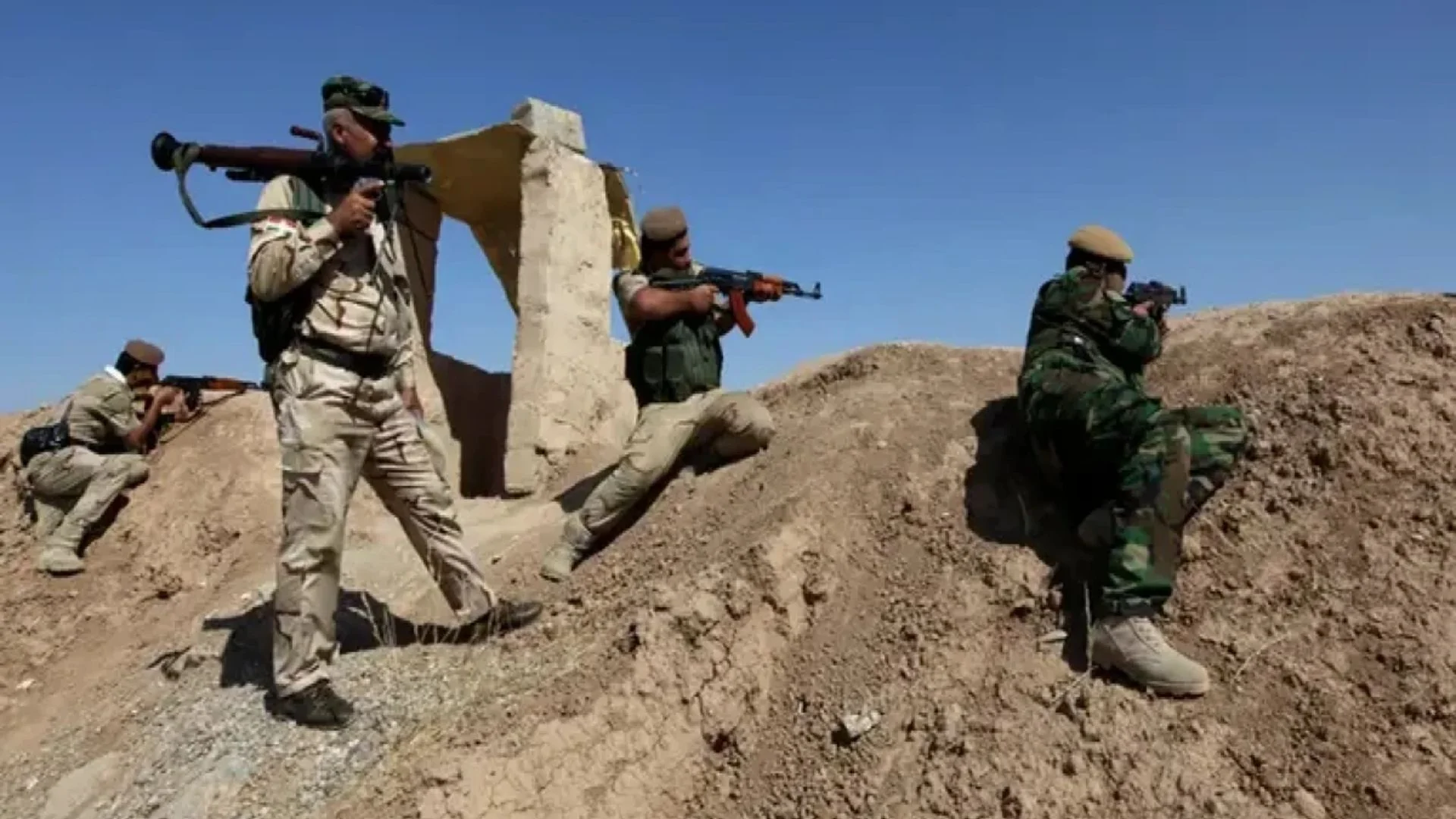One peculiar feature which defines hegemonic powers is their tendency to view the world as a “zero-sum game”, through a single prism of confrontation. A recent piece in Chinese Communist Party’s (CCP’s) mouthpiece Global Times titled “BRI shouldn’t be the geopolitical motivation behind India’s overseas plan” depicts this tendency, wherein cooperation between two sovereign countries is analysed in context of CCP’s schemes. However, this is not surprising given that President Xi Jinping has already declared his “Chinese dream”, where Beijing takes the “centre stage in the world”.
In its desire to reshape the world around the “Middle Kingdom”, CCP has adopted BRI as the tool to achieve its geostrategic goals. The BRI’s importance in Xi’s foreign policy can be gauged by the fact that BRI has now been included into the Chinese Communist Party’s constitution. While Beijing projects BRI as a benign project with “shared interests” and “shared growth” through “discussion and collaboration”, a closer look at the financial aspects reveals its one-sided nature. In the footsteps of earlier colonial powers, the CCP has drawn a leaf from their playbook, and is using trade as the stepping stone for global domination. BRI essentially involves using CCP’s foreign reserves to provide loans for projects, executed by firms nominated by Beijing, utilising their over-capacities and cheap (and sometime criminal) labour.
Further, the CCP issues loans at commercial interest rates—rather than Grant Aid—to finance these projects. RWR Advisory, a Washington-based consultancy, assesses that total lending under the BRI scheme towards transport and energy projects from the Horn of Africa to Central Asia since 2013 is a staggering $461 billion. These opaque loans, with inflated costs and questionable viability, have resulted in mostly half-finished projects, drowning the host countries with huge debts. With its high debt and minuscule foreign investment, Chinese investments do not make any economic sense and Sri Lanka has been one of the most prominent victims of this ‘debt trap’. Debt accrued from development of a deep-water port at Hambantota finally led to CCP getting ownership for 99 years. The CCP is also funding a high-speed rail line in Laos which costs nearly half the country’s GDP—a financial catastrophe for a country with an already high existing debt burden.
Almost seven years after CPEC was established, less than one-third of announced projects have been completed, entrapped by challenges of security and financial viability. Through CPEC, the flagship project of BRI, Pakistan is also slowly but surely being transformed into a vassal state of Beijing. With debts piling up, further exacerbated by sale of sub-standard military equipment by Beijing, Pakistan finds itself stuck between the proverbial devil and the deep sea. Puppet PM Imran Khan is running pillar to post from IMF to the World Bank for additional loans just to fulfil existing interest payment obligations. John Dobson, a former British diplomat, has also famously described BRI as “Belt and Debt Initiative—the “Belt” is the constraint on sovereignty of the indebted country, while the “Road” leads them to a “Debt trap”. It is but evident that the CCP is using BRI as a tool to spread its sphere of influence through a form of 21st century “Neo-colonialism with Chinese characteristics”. While re-negotiating a BRI-funded $23 billion rail and pipeline deal in 2018, Malaysia’s ex-Prime Minister Mahathir Mohammed also warned that BRI had become a ‘new version of colonialism’.
The CCP and its subsidiaries have already lent around $1.5 trillion to over 150 countries in the form of direct loans, making CCP the world’s biggest lender— bigger than even the World Bank or the IMF. There are also allegations of internal political interference by Beijing—in turn influencing the foreign policy of these countries. The opaque procedure through which loans have been taken and projects have been accorded clearly indicates undue haste and compromises. Today, most of these countries have the highest debt burdens in the world. The Centre for Global Development has also reported that eight BRI recipient countries, including Pakistan and Maldives, are at highest risk of debt distress and loss of sovereignty due to equity swap.
Wuhan-originated Covid-19 with its associated economic woes has further exacerbated the problems associated with debt re-payment. As BRI debt countries with limited finances struggle to provide economic relief to their beleaguered citizens, there is significant public pushback against BRI projects. In May this year, Nigerian legislators voted to review all loans for BRI projects amid concerns that financing may have been agreed on extremely unfavourable terms. African leaders have called for emergency debtforgiveness from sovereign creditors including from the CCP-BRI projects are owed about $8billion this year in re-payments on $145 billion in loans to African countries.
“As Chinese companies push deeper into emerging markets, inadequate enforcement and poor business practices are turning the BRI into a global trail of trouble,” writes Jonathan Hillman of the Center for Strategic and International Studies, to underscore the BRI’s effect on Africa. A long list of CCP’s companies have also been debarred from the World Bank and other multilateral development banks for fraud and corruption, which covers everything from inflating costs to bribes. In February this year, Egypt indefinitely postponed BRI-funded construction of what was to be the world’s secondlargest coal-fired power plant, at Hamrawein. In March, Bangladesh cancelled a BRI-funded project for a coal plant at Gazaria. In April, Pakistan sought easier repayment terms on $30 billion worth of CPEC power projects, and the list goes on.
India has been arguing for many years that the implications of BRI in general, and CPEC in particular are worrying, not just for India, but for the wider world. BRI is not a mechanism for globalisation, rather a feint for CCP’s agenda for global dominance, control, penetration and resource extraction. However, due to its lack of transparency and domestic oversight, BRI has now spread wide and thin— cracking and crumbling under its own huge debts. The world has also realised that economic seduction cannot be an alternative to sovereign freedom—the freedom to choose development and democracy over autocracy.

